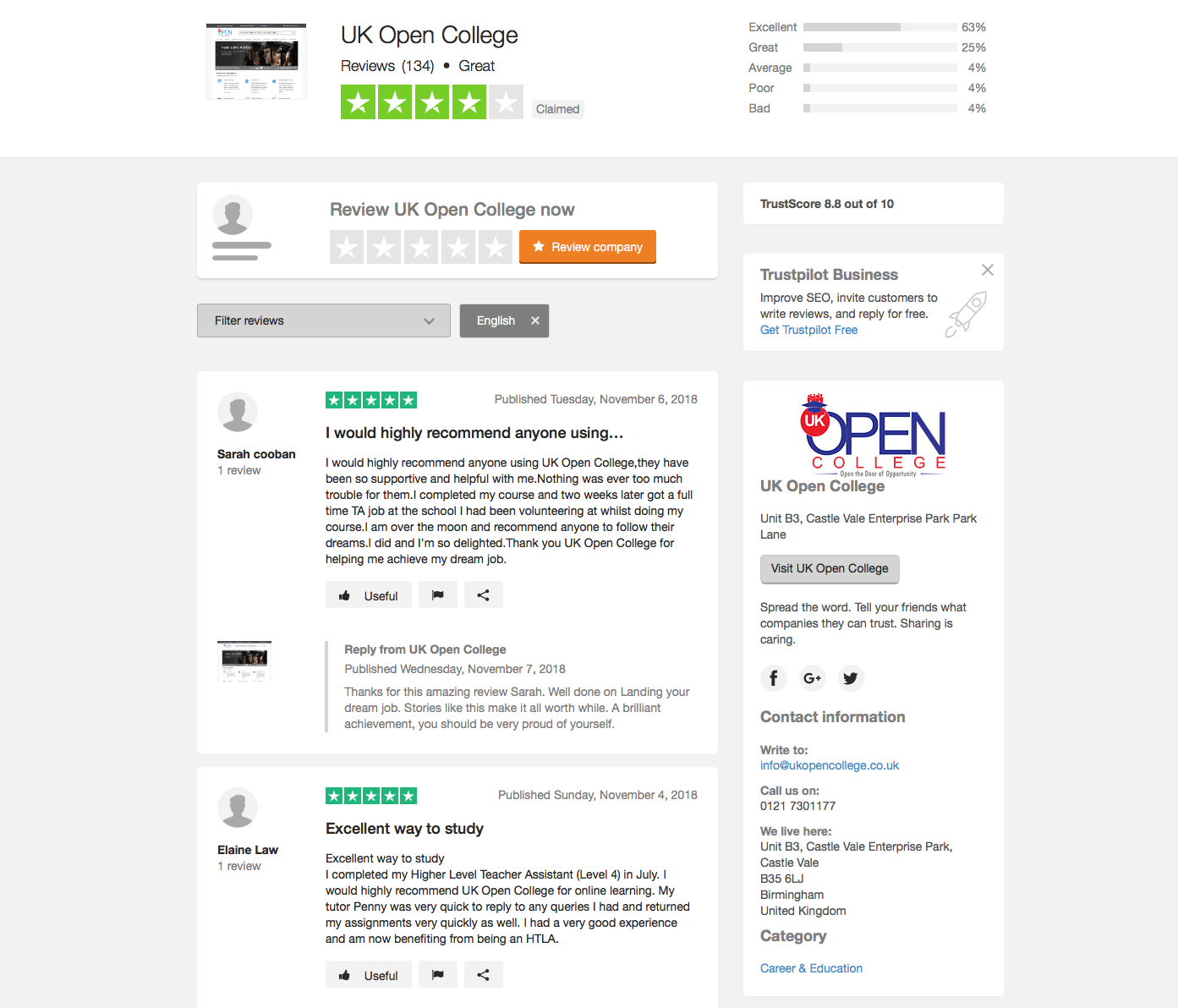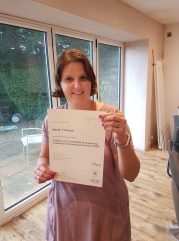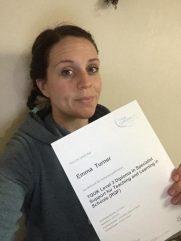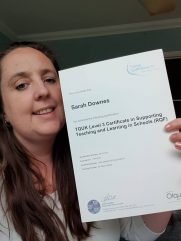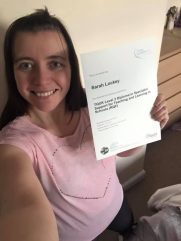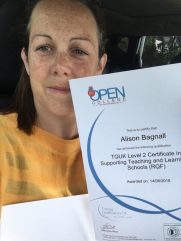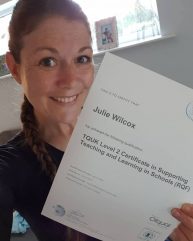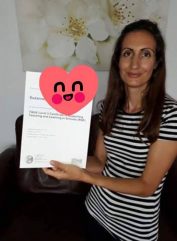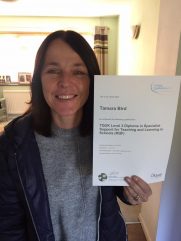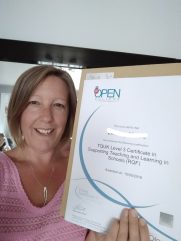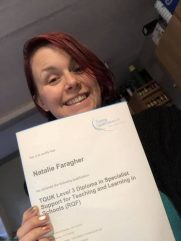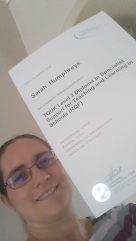Child Observations Award – Short CPD Course
Observations in the early years enables effective planning so every child can make progress. Explore the observation cycle and different types of observations. Learn about the components of an effective observation, rules relating to privacy and confidentiality, and how observations can be used to decide on, and plan for, the next developmental milestone.
Short courses are:
- Ideal for developing skills to enter the workplace
- Adding to any recognised qualification you may already hold
- Linked to many subjects covered by courses currently listed on the RQF
This course is appropriate for childcare practitioners working in a range of settings.
Learning outcomes
- You will learn that all children have unique qualities and needs
- You will learn that it is important to seek permission before doing observations and there are many factors to take into account when doing observations
- You will learn that there are two types of assessment – formative and summative
Advantages of this course
- This course looks at how much information can be gleaned from observing children when looking at their stage of development and their developmental needs. Children are unique and each one develops in a different way; observation enables effective planning so they can make progress. Observation takes place to:
- see if a child is making progress
- check a child’s overall development
- learn more about a child’s particular needs
- resolve a particular problem
- evaluate activities, routines or strategies used with children
- inform planning
- report to parents
- Factsheets are included on methods of observation, as well as links to information on the development stages of children from birth to 60 months, and the Early Years Foundation Stage
- Additional activities encourage you to reflect on your learning
- There is also suggested extended reading that gives both practical information and links to websites to expand knowledge
On successful completion of this course, you will have the option of purchasing a CACHE certificate. This certificate must not be confused with nationally regulated qualification achievement.
Require a Company or School Invoice? You can request an invoice here.
Course Details
Topics Covered
Topics Covered
Learners will explore the observation cycle and the types of observations they might choose to carry out on a child. They will, by the end of the lesson, be able to define what makes an effective observation and how it might be used to decide on a child’s next developmental milestone. The lesson will also cover rules relating to observation and confidentiality. This course is appropriate for childcare practitioners working in a range of settings
Entry Requirements
Entry Requirements
Students looking to enrol onto this course should meet the following criteria:
Be aged 16 Years or above
Possess a solid knowledge of the english language
Have access to a PC and the internet for the duration of the whole course
Basic computer skills
Have a genuine desire to succeed
Qualification Awarded
Qualification Awarded
CACHE ELP – Award in Observing Children (£18 certificate fee payable)
This course provides successful students with a completion certificate from CACHE and their enhanced learning program. Awarding body CACHE is recognised as an awarding organisation by the qualification regulators for England, Wales and Northern Ireland, who are: the office of the qualifications and examinations regulator (Ofqual) in England, the Welsh Government and the council for curriculum, examinations and assessment (CCA) in Northern Ireland.
CACHE is the UK’s only specialist awarding organisation for the children, adult and health care sectors, with a portfolio of qualifications ranging from Entry to Level 5. Last year, over 150,000 learners registered with them from over 1000 UK based Centres and overseas.
Please note: Short courses provide students with CPD completion certification. To complete a fully recognised qualification students are required to complete a RQF listed course in addition.
Receipt of Certification: Certification is awarded by CACHE and can take up to 12 weeks to be received after completion of your studies. All certification will be delivered to students direct at their home address. UK Open College have no control over delivery of certification awarded by the external awarding bodies. Any outstanding fees are payable before certification is issued
Course Duration
Course Duration
These short courses can be completed in approx 10 hours of study. This will depend on student commitment and ability. Ideal for those who are considering a career in the childcare sector or indeed qualified practitioners looking to enhance their skills in a particular topic.
Study Method
Study Method
Students are able to complete their course purely online though our student portal. Students can expect to receive access to the student portal via email within 3 working days of enrolment being received.
Once enrolment is received we will email you access and log in information to make a start on our chosen course.
Assessment
Assessment
Students will progress through a series of topics online through our student portal. At the end of the course students will complete a multiple choice quiz type assessment. If you dont complete first time you can try the assessment again at no extra charge. Upon completion students can download and print a college certificate whilst awaiting their CACHE endorsed certification.


